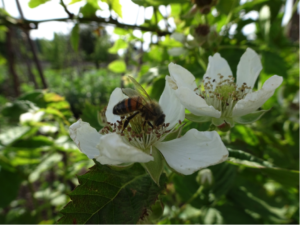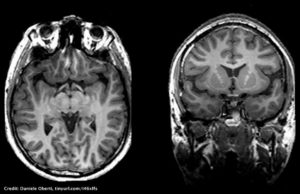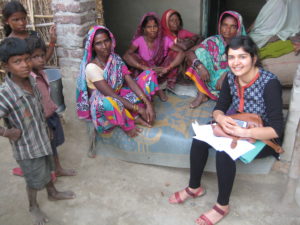Special Issue 2017: Science, Technology & Inequality
The Special Issue 2017 is dedicated to the tensions between science, technology, policy and inequality. Inside we have articles by four wonderful authors covering gender, income inequality, solar panels, universal basic income, network technologies and much more. Look no further for a glimpse into the ongoing negotiation between society and science.
The Special Issue contains:
Women and Solar Home Systems in Rural Bihar, India by Shivi Chandna
A Look at the Attrition of Women in STEM by Sumana Sharma
Book Review: Utopia for Realists by Karen Stroobants
Income Inequality and the Internet of Things by Nicolás Valenzuela-Levi
With Editor’s Note by Victoria Plutshack








